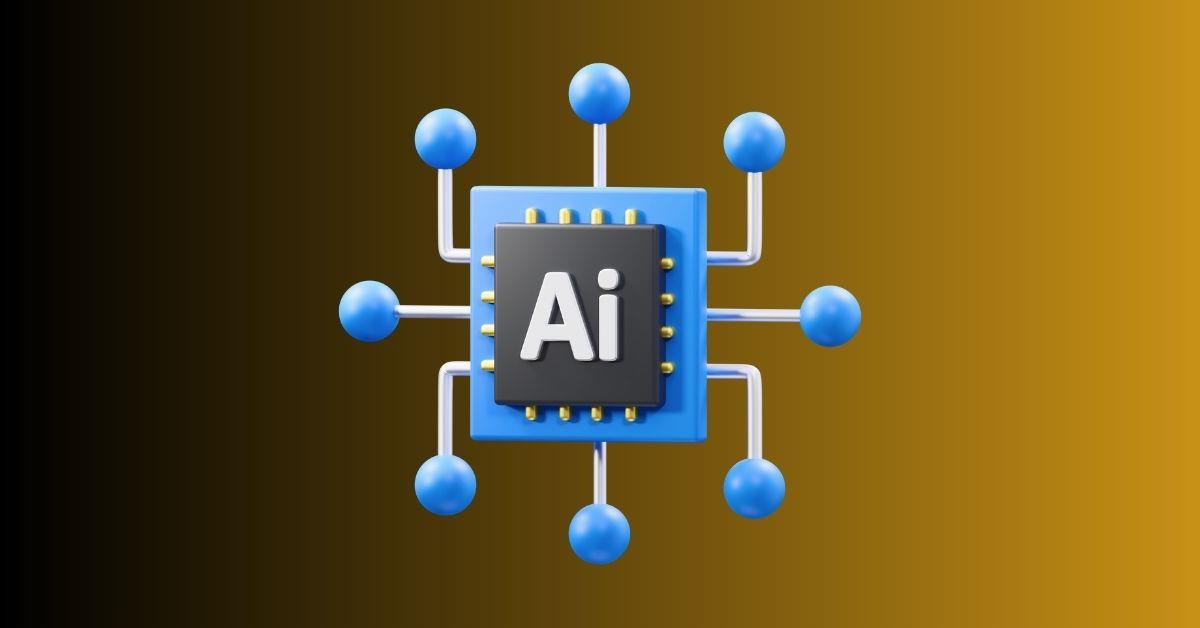(MENAFN- EIN Presswire) artificial intelligence icon image
ADDIS ABABA, ETHIOPIA, June 16, 2023/einpresswire.com / -- artificial intelligence (ai) is the ability of machines to perform tasks that normally require human intelligence, such as reasoning, learning, decision-making, and problem-solving. AI has become increasingly prevalent in various domains of society, including healthcare. AI can help health practitioners to streamline tasks, improve operational efficiencies, simplify complex procedures, provide real-time data, enhance patient outcomes, and reduce costs. However, AI also poses some challenges and risks, such as ethical dilemmas, privacy concerns, human errors, bias, and accountability issues. In this article, we will explore some of the advantages and disadvantages of ai in healthcare , based on the current state of the art and the future prospects.
Advantages of AI in Healthcare
Some of the benefits that AI can bring to the healthcare sector are:
- Provides Real-Time Data: A critical component of diagnosing and addressing medical issues is acquiring accurate information in a timely manner. With AI, doctors and other medical professionals can leverage immediate and precise data to expedite and optimize critical clinical decision-making. Generating more rapid and realistic results can lead to improved preventative steps, cost savings, and patient wait times. Real-time analytics can also help improve physician-patient relationships by making vital patient data available through mobile devices and engaging patients in their treatments.
- Streamlines Tasks: Artificial intelligence in medicine has already changed healthcare practices everywhere. Innovations include appointment scheduling, translating clinical details, tracking patient histories, reviewing insurance claims, automating billing and coding processes, and generating care recommendations. AI is enabling healthcare facilities to streamline more tedious and meticulous tasks that would otherwise consume a lot of time and resources.
- Enhances Patient Outcomes: One of the most promising applications of AI in healthcare is to improve the quality and effectiveness of patient care. AI can help doctors to make more accurate diagnoses, prescribe more personalized treatments, monitor patient progress, and prevent complications. AI can also assist patients to manage their own health by providing them with access to information, guidance, and support through chatbots, wearable devices, and mobile apps. AI can also enable more proactive and preventive care by identifying risk factors, detecting anomalies, and alerting patients and providers before a condition worsens.
- Reduces Costs: Another major advantage of AI in healthcare is its potential to lower the costs of delivering and accessing health services. AI can help optimize resource allocation, reduce waste and inefficiencies, increase productivity and revenue, and enable more affordable and accessible care for underserved populations.
- Advances Medical Research: AI can also play a vital role in advancing medical research and innovation by facilitating data collection, analysis, and interpretation. AI can help discover new insights, patterns, and correlations from large and complex datasets that would otherwise be difficult or impossible for humans to process. AI can also help design and conduct experiments, test hypotheses, generate hypotheses, and validate findings. AI can also accelerate the development of new drugs, vaccines, and therapies by reducing the time and costs involved in clinical trials.
Disadvantages of AI in Healthcare
Some of the challenges and risks that ai can pose to the healthcare sector are:
- Ethical Dilemmas: One of the most pressing concerns about AI in healthcare is its ethical implications. AI involves making decisions that can have significant impacts on human lives, health, and well-being. However, these decisions may not always align with human values, morals, or preferences.
- Privacy Concerns: Another major concern about AI in healthcare is its impact on privacy and security. AI relies on collecting, storing, and processing large amounts of sensitive and personal data, such as medical records, genetic information, biometric data, and behavioral data. However, these data may be vulnerable to breaches, leaks, hacks, or misuse by unauthorized parties.
- Human Errors: Another potential drawback of AI in healthcare is its susceptibility to human errors. AI is not infallible and may make mistakes or fail to perform as expected. However, these errors may not always be easy to detect, correct or explain. For example, how can AI cope with incomplete, inaccurate, or outdated data? How can AI handle complex or novel situations that are not covered by its training data? How can AI communicate its reasoning and limitations to humans? How can AI learn from its mistakes and improve over time? These are some of the challenges that need to be addressed before deploying AI in healthcare.
- Bias Issues: Another possible disadvantage of AI in healthcare is its potential to introduce or amplify bias and discrimination. AI may reflect or reproduce the biases and prejudices that exist in its data, algorithms, or users.
- Accountability Issues: Another potential pitfall of AI in healthcare is its impact on accountability and responsibility. AI may create new or complex relationships between different actors and stakeholders involved in the delivery and access of health services. For example, who is liable for the outcomes and consequences of AI decisions or actions? Who is accountable for the quality and performance of AI systems or applications? Who is responsible for the oversight and regulation of AI in healthcare? Who is entitled to the benefits and risks of AI in healthcare? These are some of the questions that need to be addressed before deploying AI in healthcare.
Conclusion
AI is a powerful and promising technology that can transform the healthcare sector in many ways. However, it also poses some challenges and risks that need to be carefully considered and addressed. Therefore, it is important to adopt a balanced and responsible approach to the development and deployment of AI in healthcare, taking into account both its advantages and disadvantages. It is also essential to involve all relevant stakeholders, such as patients, providers, researchers, policymakers, regulators, developers, and users, in the design, implementation, and evaluation of AI in healthcare. By doing so, we can ensure that AI serves the best interests of humanity and society.
Dagim Solomon
Rival Times
email us here
























Comments
No comment